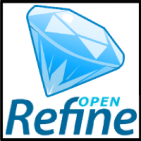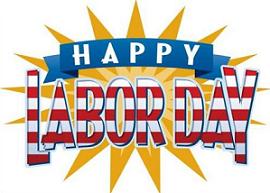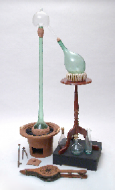GIS stands for Geographic Information Systems. GIS has applications for both teaching and research across many disciplines.
Do you need to visualize your spatial data but don’t know how? Do you have spatial data but don’t know how to map it? Are you looking for guidance or have expertise to share regarding the analysis of spatial data? Are you an ArcGIS, Q-GIS or other GIS program user and want to connect with other people who use these programs? Are you simply curious about GIS and want to learn more?
The GIS Learning Community can help you address these and other questions. The goal of the community is to be a user-driven forum for novice and expert practitioners to come together and discuss tools, resources, projects and solutions surrounding the spatial aspects of their data. We invite interested individuals across all of UC to join us in building this community. The community is open to All Faculty, Staff and Students, as well as interested parties from outside of UC. Please share with your colleagues and students.
The Details –
Date: September 6, 2017
Time: 3:00 to 4:30 pm
Place: (VENUE CHANGE 480 Langsam)
Light refreshments will be served
RSVP and Join the GIS LC at https://form.jotform.us/72324913145149.
If you are interested in the GIS Learning Community and are not able to come to the first meeting, RSVP or email ASKGIS@UC.Edu to be added to the GIS LC email list. Future invites will go to the GIS LC email list only.
More information is available on the GIS LC page on the GIS research guide: http://guides.libraries.uc.edu/GIS/GISLC
 OpenRefine, http://openrefine.org, is a free, powerful, and easy-to-use tool for cleaning up and transforming datasets in order to prepare them for analysis and sharing. In this workshop, you will learn how to leverage OpenRefine’s interface and scripting language for basic data exploration and bulk transformations. No prior knowledge necessary. Please bring your own laptop for the hands-on exercises.
OpenRefine, http://openrefine.org, is a free, powerful, and easy-to-use tool for cleaning up and transforming datasets in order to prepare them for analysis and sharing. In this workshop, you will learn how to leverage OpenRefine’s interface and scripting language for basic data exploration and bulk transformations. No prior knowledge necessary. Please bring your own laptop for the hands-on exercises.



